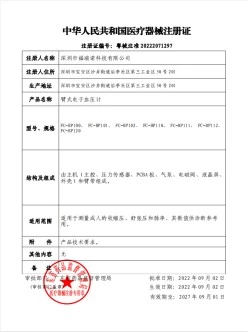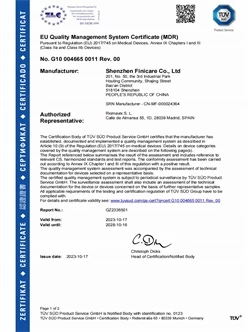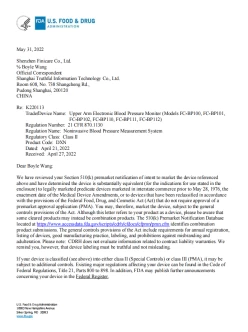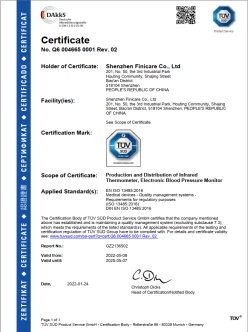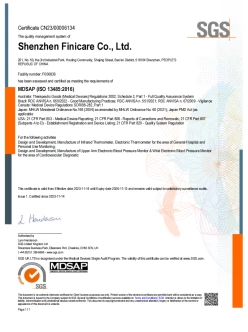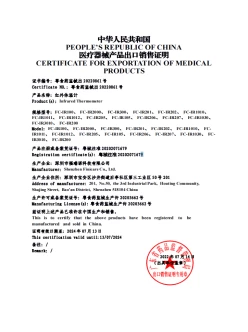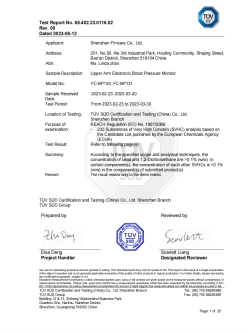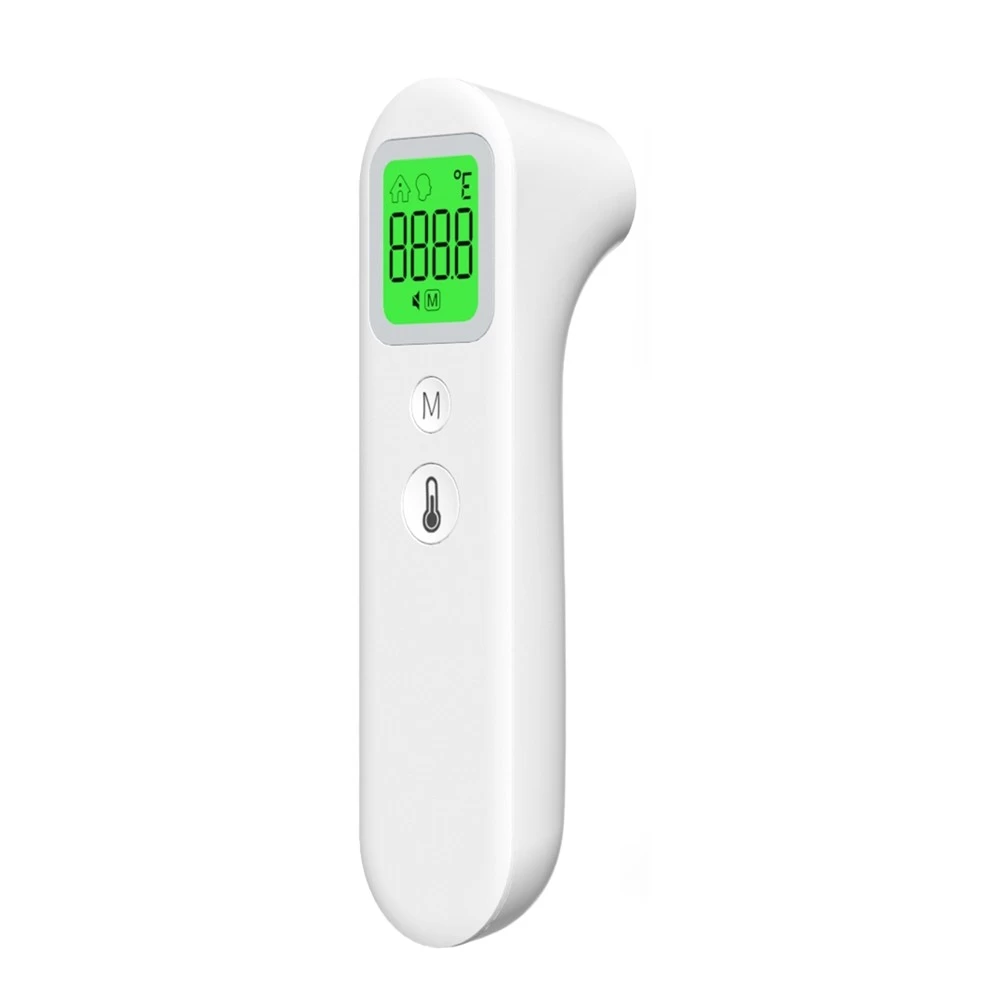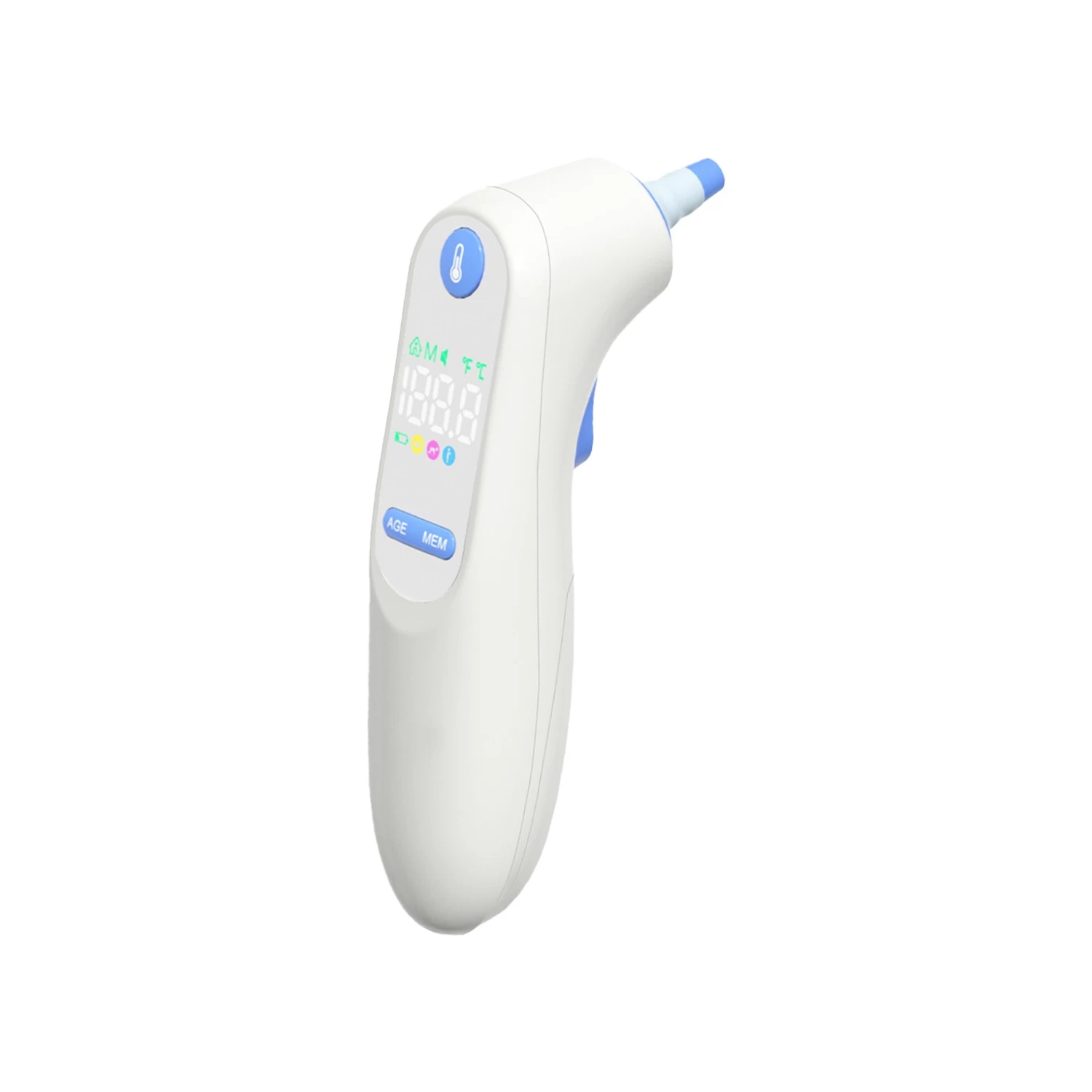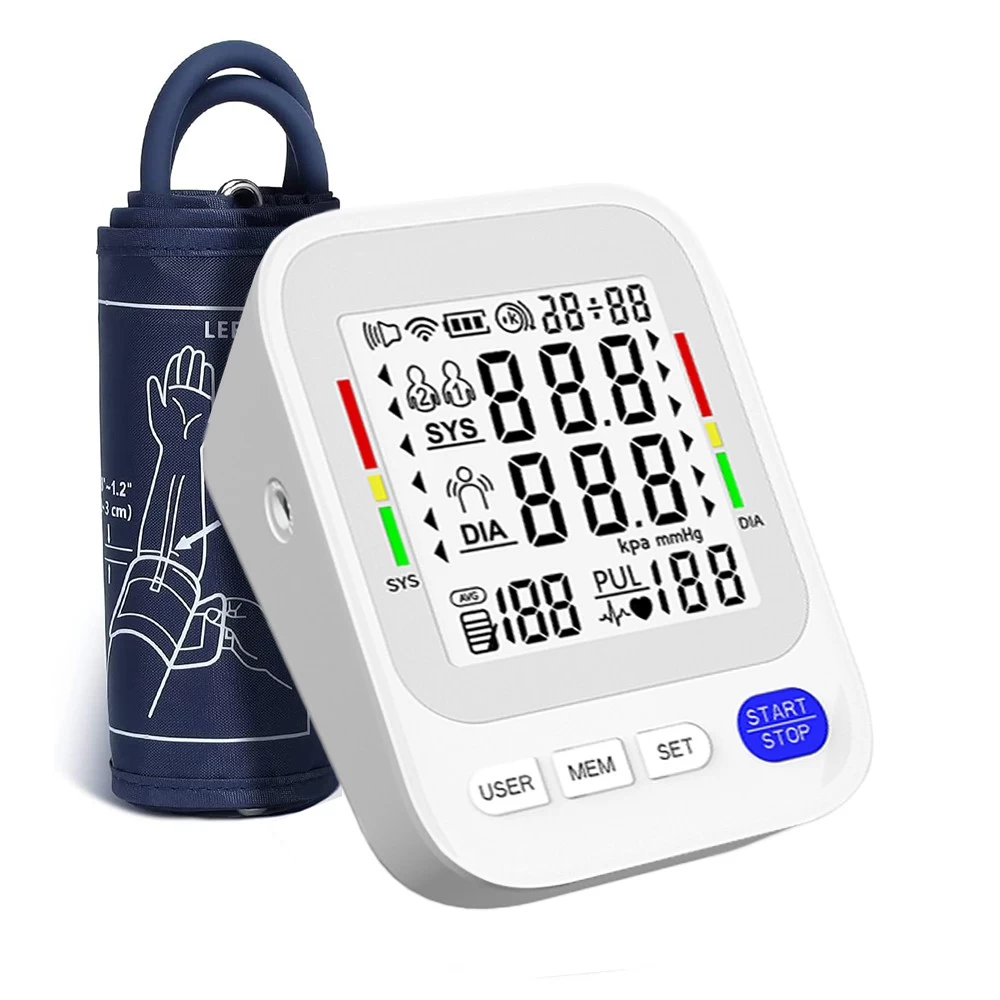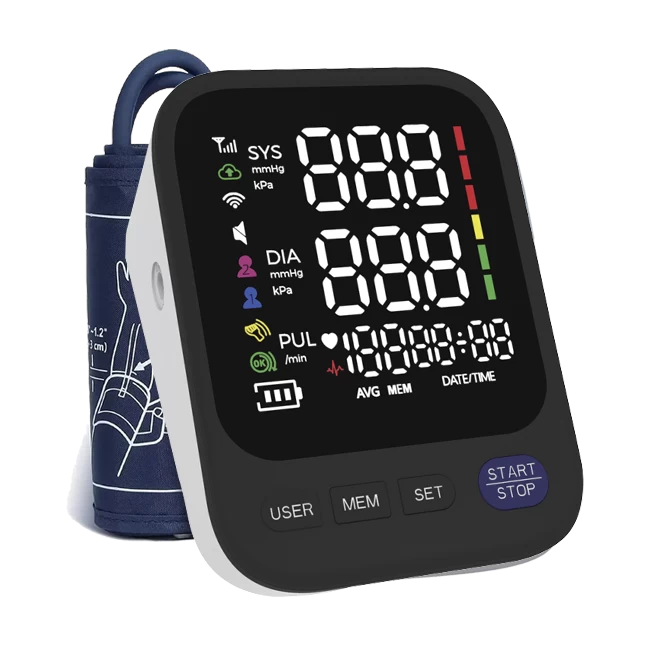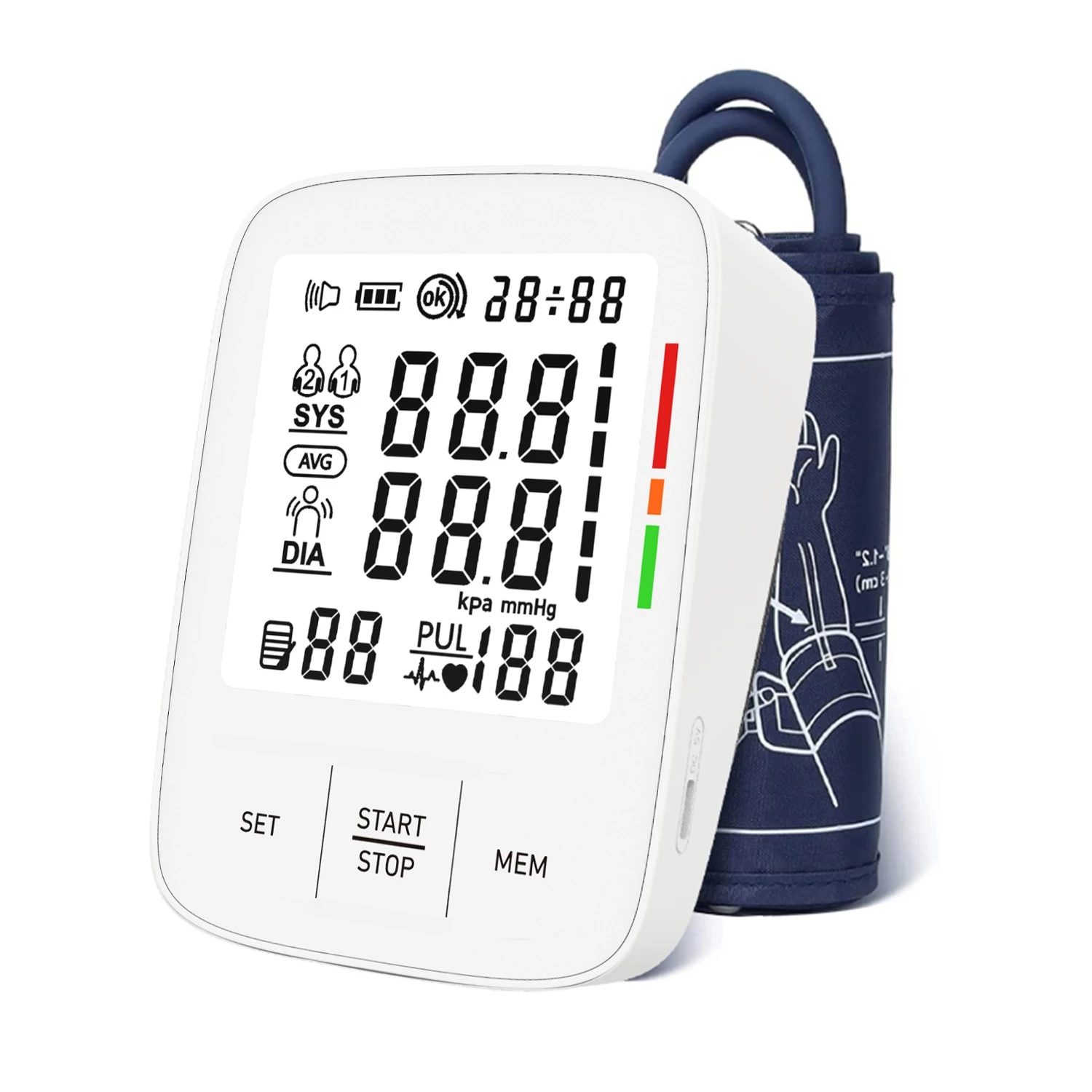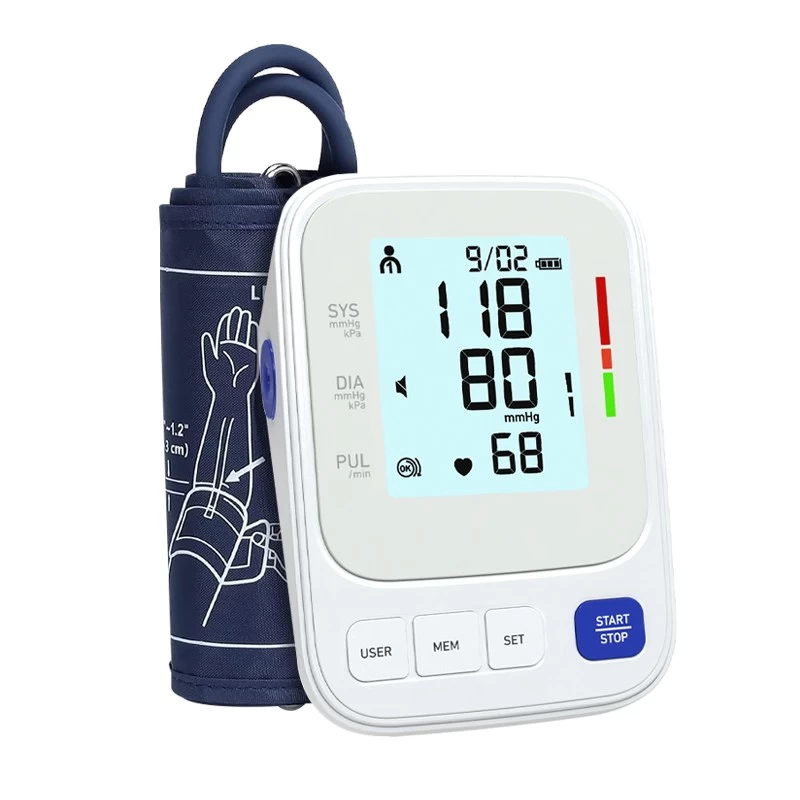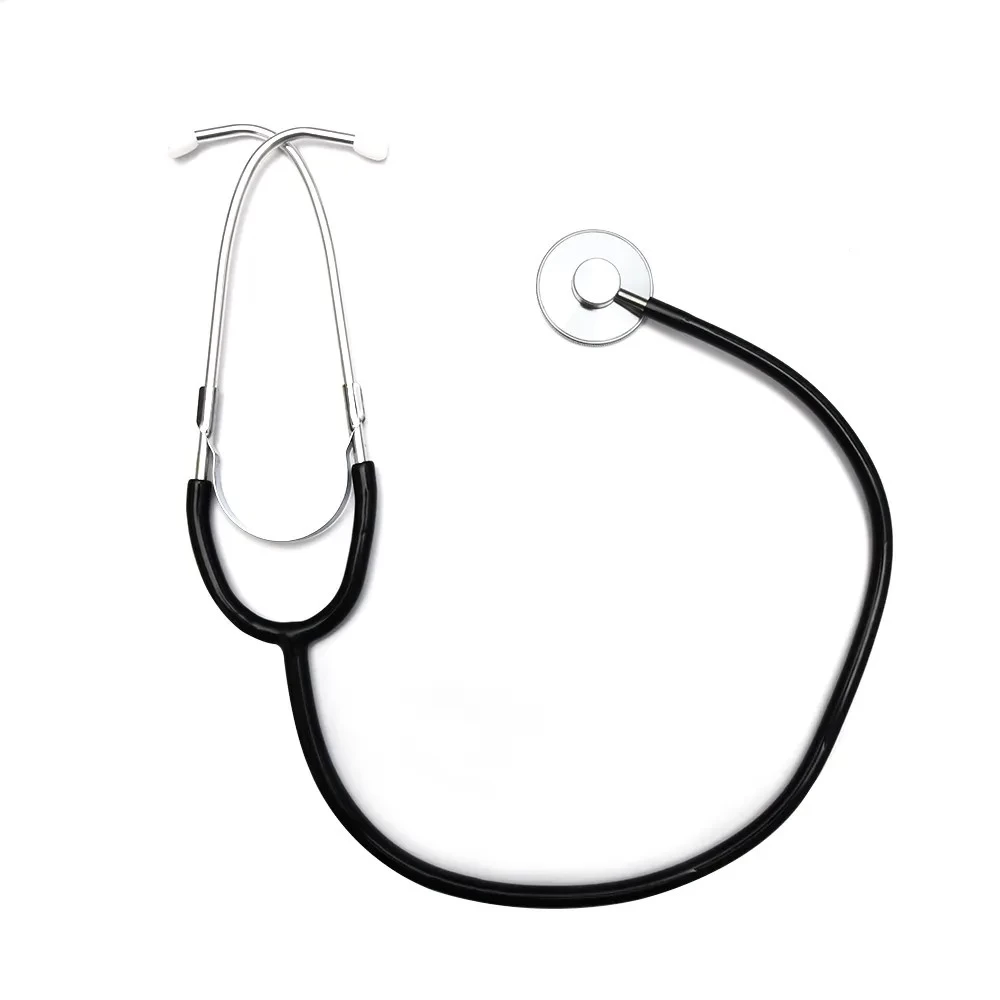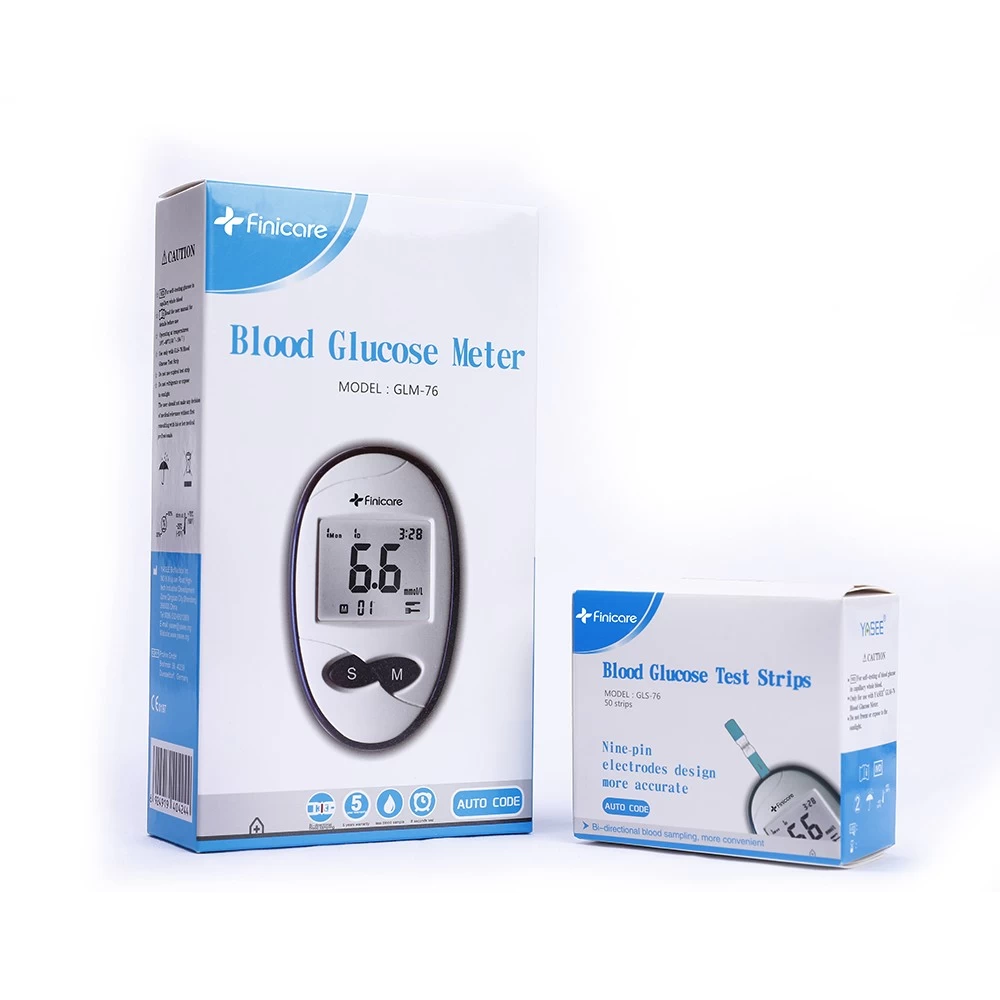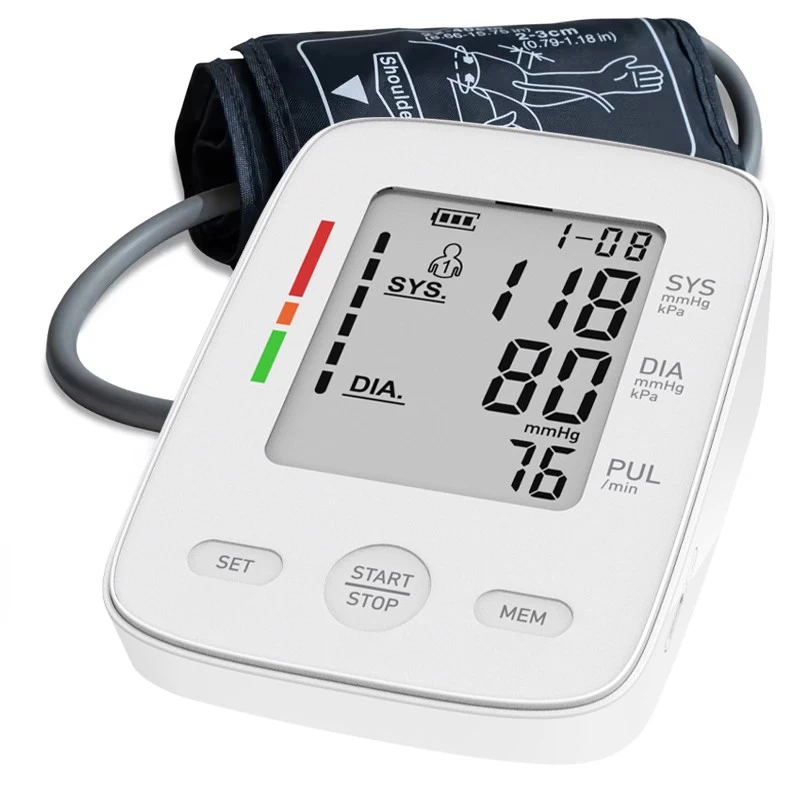Can Coffee Raise Your Blood Pressure
Coffee can raise blood pressure temporarily because it contains caffeine, a natural stimulant. Caffeine works by narrowing blood vessels and increasing adrenaline levels, which can cause a short-term spike in blood pressure.

The effect is usually mild for most people, but some may be more sensitive to caffeine. Regular coffee drinkers might develop a tolerance, so the impact may be less noticeable over time. We will know more about how coffee affects blood pressure.
Why does caffeine in coffee increase blood pressure?
Here are some reasons why caffeine in coffee can increase blood pressure:
◎It narrows blood vessels by blocking a hormone that helps them stay relaxed, leading to increased blood pressure.
◎It stimulates the release of adrenaline, a hormone that temporarily raises heart rate and blood pressure.
◎It activates the nervous system, which can increase heart activity and elevate blood pressure.
◎It can cause a short-term spike in blood pressure, even in people without hypertension.
◎Some individuals are more sensitive to caffeine, experiencing a stronger and longer-lasting rise in blood pressure.
◎It can affect the kidneys by increasing sodium retention, which contributes to higher blood pressure.
◎It blocks adenosine, a hormone responsible for relaxing blood vessels, leading to increased vascular resistance.
◎It boosts the amount of blood the heart pumps, which can elevate blood pressure temporarily.
Table of Contents
1.How does caffeine affect blood pressure?
2.How long does caffeine raise blood pressure?
3.What are the side effects of coffee on blood pressure medication?
4.Does coffee cause high blood pressure?
5.Are certain people more sensitive to coffee’s effects on blood pressure?
1.How does caffeine affect blood pressure?
Caffeine is a natural stimulant found in coffee, tea, energy drinks, and some medications. It works by stimulating the central nervous system, which can temporarily raise your blood pressure. This happens because caffeine blocks a hormone that helps keep blood vessels widened. As a result, the blood vessels become narrower, and blood pressure increases.
The effect of caffeine on blood pressure is usually short-term, lasting for a few hours after consumption. For most people, drinking one or two cups of coffee daily does not cause long-term high blood pressure. However, some people may be more sensitive to caffeine. In these individuals, even small amounts of caffeine can cause a noticeable spike in blood pressure.
Caffeine can also trigger the release of adrenaline, a hormone that can raise heart rate and blood pressure. This is why people with high blood pressure or heart conditions are often advised to limit their caffeine intake. If you’re concerned about how caffeine affects your blood pressure, it’s a good idea to monitor your levels before and after drinking coffee or other caffeinated drinks.
2.How long does caffeine raise blood pressure?
Caffeine can raise blood pressure for a short time after you consume it. For most people, the effect starts within 30 minutes and can last for about 3 to 4 hours. During this time, your blood pressure might go up slightly. This happens because caffeine causes your blood vessels to narrow and stimulates your nervous system, increasing heart rate and blood pressure.
The exact duration of this effect depends on how sensitive you are to caffeine. Some people process caffeine quickly, so their blood pressure returns to normal faster. Others may take longer, especially if they are more sensitive to caffeine or drink large amounts of coffee or tea.
If you drink coffee regularly, your body may develop a tolerance to caffeine, and the effect on blood pressure might be less noticeable. However, it’s always a good idea to monitor your blood pressure if you’re concerned.
3.What are the side effects of coffee on blood pressure medication?
Here are some potential side effects of coffee on blood pressure medication:
●It may counteract the effects of blood pressure medications, making them less effective in lowering blood pressure.
●Drinking coffee while on medication can cause temporary spikes in blood pressure, complicating its management.
●The combination of caffeine and certain medications may increase heart rate, causing palpitations.
●It can interfere with the absorption of some medications, reducing their effectiveness.
●It may intensify side effects of medications, such as dizziness, nausea, or headaches.
●Its diuretic effect may cause dehydration, which can impact medication efficiency.
●It can cause insomnia, which might increase stress and affect blood pressure levels.
●Some blood pressure medications may interact negatively with caffeine, leading to unpredictable effects.
However, you should look into Finicare Medical FC-BP120. It is an advanced and easy-to-use device that allows you to measure both blood pressure and pulse rate accurately. With its one-button measurement, you can quickly check your blood pressure, even after drinking coffee.
By regularly monitoring your blood pressure, you can see how caffeine affects your body in real time. The device provides stable, reliable results, helping you manage your health effectively.
4.Does coffee cause high blood pressure?
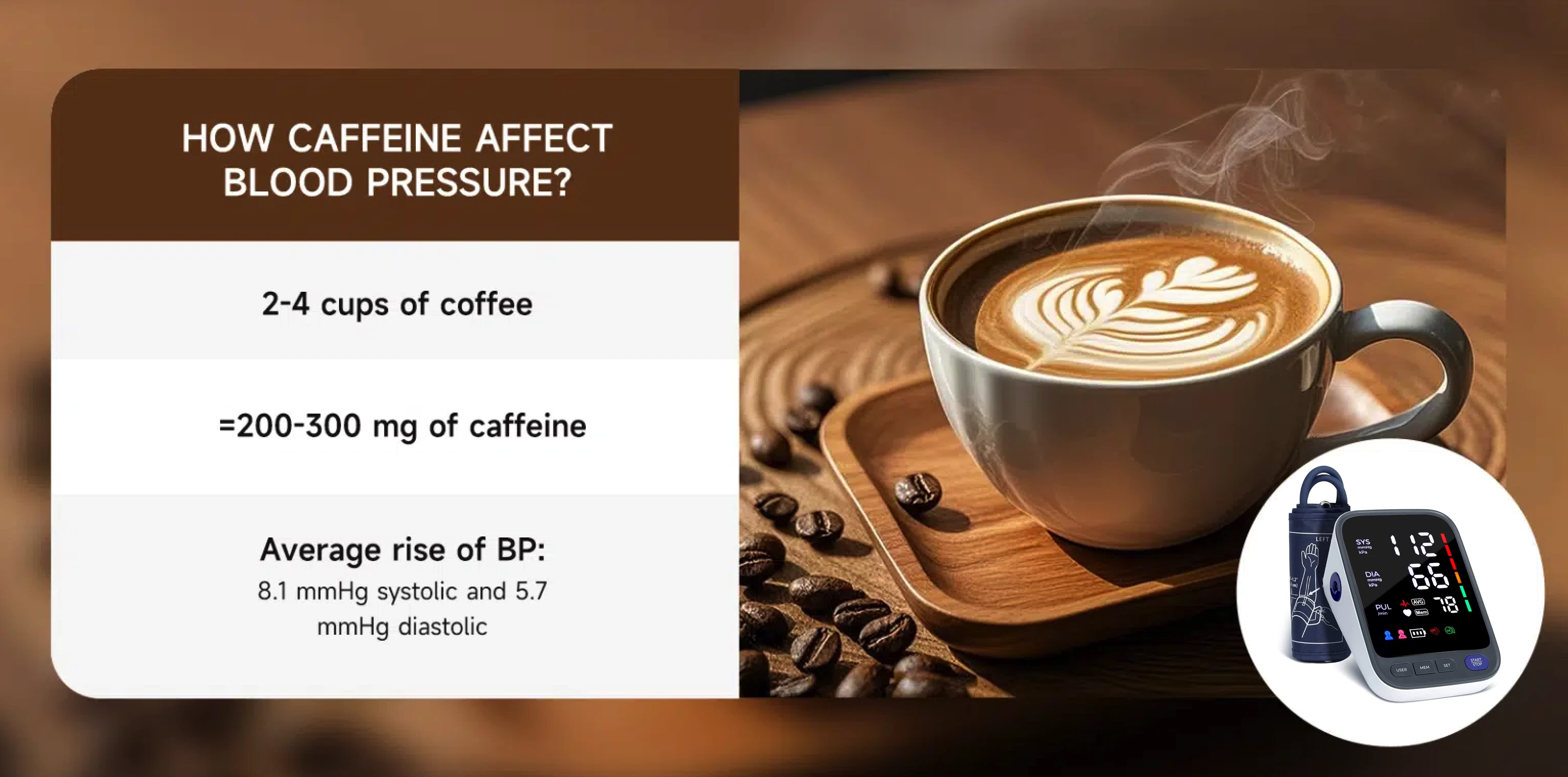
Coffee does not directly cause high blood pressure (hypertension) in most people, but it can temporarily raise blood pressure after drinking it. This happens because coffee contains caffeine, a natural stimulant. Caffeine works by narrowing blood vessels and increasing the release of adrenaline, which can cause your heart to pump faster and raise your blood pressure for a short time.
For people who drink coffee regularly, their bodies may develop a tolerance to caffeine. This means the short-term effect on blood pressure might become less noticeable over time. However, some people are more sensitive to caffeine, and even small amounts can cause a noticeable increase in blood pressure.
Drinking too much coffee can also lead to other issues, such as anxiety, sleep problems, or heart palpitations, which may indirectly affect your blood pressure. If you already have high blood pressure, it is best to limit your coffee intake and monitor how it affects you. In general, drinking moderate amounts of coffee, such as 1–2 cups a day, is unlikely to cause long-term high blood pressure for most healthy people.
5.Are certain people more sensitive to coffee’s effects on blood pressure?
Some people are more sensitive to coffee’s effects on blood pressure than others. Sensitivity to caffeine can vary from person to person, depending on factors like genetics, age, and overall health. For some individuals, even a small amount of caffeine can cause a noticeable increase in blood pressure, while others may not experience any significant changes.
People who are sensitive to caffeine may feel its effects more strongly. This could include a faster heart rate, nervousness, or a bigger rise in blood pressure. Sensitivity is often higher in people who don’t drink coffee regularly, as their bodies haven’t developed a tolerance to caffeine.
Older adults, those with existing health conditions like hypertension, or people taking certain medications may be more affected by coffee. If someone has high blood pressure, coffee may cause more of a spike than for a healthy individual.
Coffee can temporarily raise blood pressure due to its caffeine content, especially in sensitive individuals. While moderate consumption may not cause long-term issues, it’s important to monitor your blood pressure regularly.
If you’re concerned about coffee’s impact, consider limiting your intake. Choose Finicare Medical FC-BP120 for easy and accurate blood pressure monitoring. It can help you track how coffee affects your blood pressure and make informed decisions to manage your health effectively.

